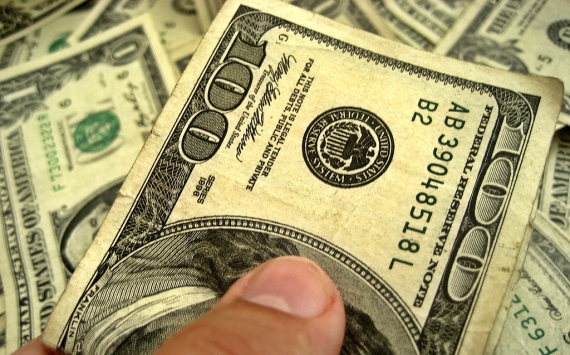
Yen Dips as Strong U.S. Economy Boosts Dollar
The U.S. dollar remained close to a two-week high against the yen on Friday, following its biggest one-day gain in four weeks. This rise was fueled by robust U.S. economic data that has eased fears of a recession.
Treasury yields surged on Thursday, further boosting the dollar as traders pulled back from expecting aggressive monetary easing by the Federal Reserve. As a result, risk-sensitive currencies like the British pound also firmed up amid a rally in global equities.
The dollar index, which measures the greenback against six major currencies, dipped slightly by 0.12% to 102.92 at 05:13 GMT, after a 0.41% overnight rally—the strongest since July 18. The dollar slipped 0.24% to 148.935 yen but stayed near Thursday's peak of 149.40.
The U.S. Commerce Department reported a 1.0% increase in retail sales for July, surpassing the expected 0.3% rise. Additionally, unemployment claims dropped to 227,000, below the forecast of 235,000. These figures have solidified expectations of a Federal Reserve rate cut on September 18, though the size of the cut remains debated.
"Growth is in a better spot, and the consensus is again subscribing to the 'soft landing' thesis," said Chris Weston, head of research at Pepperstone, noting that 150 yen per dollar is the next key level to watch.
In early August, the dollar had dipped to 141.675 yen amid concerns over a U.S. recession and a hawkish stance from the Bank of Japan. However, the yen stabilized after BOJ Deputy Governor Shinichi Uchida indicated that the central bank would avoid raising rates during volatile markets.
Meanwhile, sterling rose 0.2% to $1.2879, building on solid GDP figures from the previous day. The euro gained 0.1% to $1.098225, and the risk-sensitive Australian and New Zealand dollars advanced by 0.33% and 0.6%, respectively.
Reflecting on the market's resilience, Warren Buffett's words ring true: "Predicting rain doesn't count, building arks does." The adaptability of traders highlights their readiness for evolving economic conditions.








